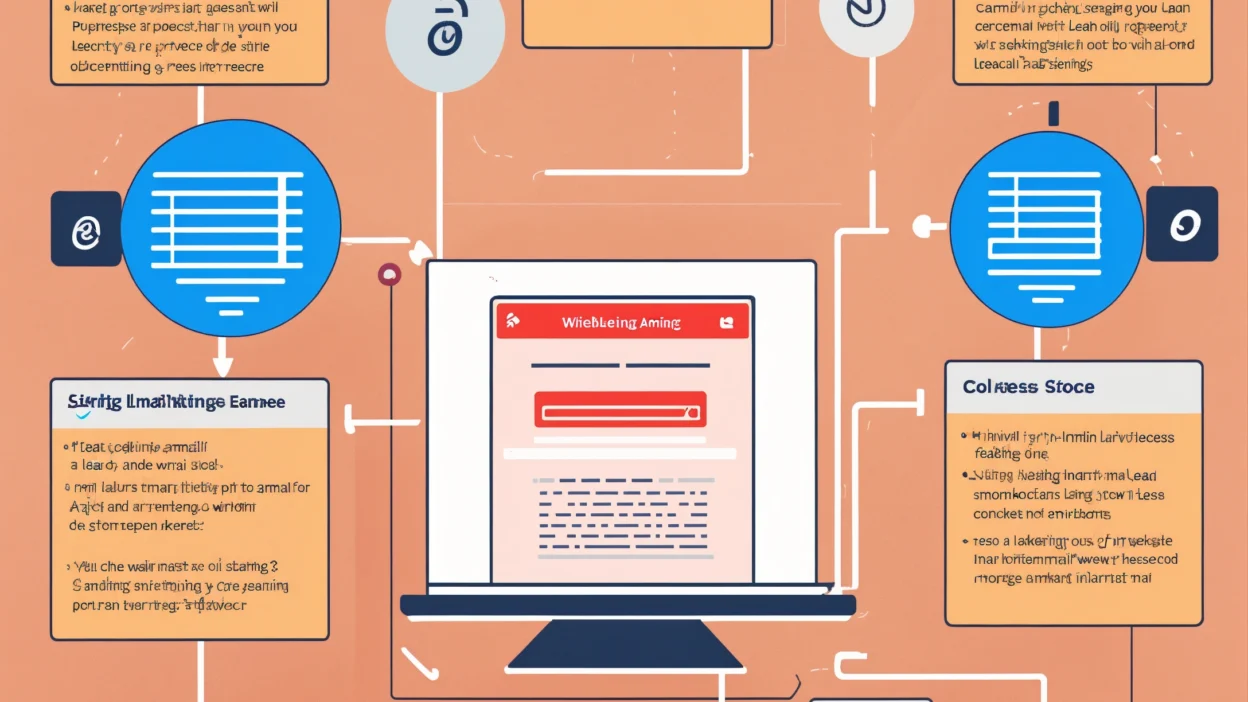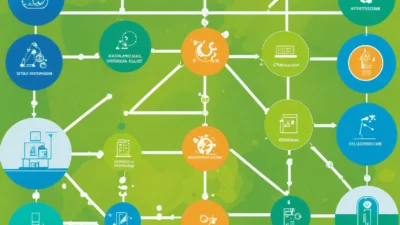API Gateway Security Best Practices: Safeguard Your Data
In today’s digital ecosystem, API gateway security best practices are paramount to safeguard sensitive data and maintain robust application performance. As gateways act as the critical point of entry in microservices architectures, securing them effectively prevents unauthorized access and data breaches.
Understanding API Gateway Security
An API gateway manages traffic between clients and backends, often involving authentication, monitoring, and load balancing. Security in this context means implementing layers of protection to ensure data integrity and confidentiality.
Key Security Measures to Implement
Firstly, always use HTTPS to encrypt data in transit. This prevents interceptors from reading sensitive information. Secondly, employ rate limiting to protect against denial-of-service (DoS) attacks. It ensures a single user cannot flood the network with requests.
Advanced Techniques in API Gateway Security
For enhanced security, consider using OAuth for robust access control. OAuth provides scoped access tokens which means users have precise access rights. Furthermore, regularly updating your API gateway and related components protects against vulnerabilities from outdated software.
Regular Audits and Monitoring
Regular security audits and continuous monitoring are crucial. They help detect anomalies that could indicate a security breach. Implementing automated tools for constant surveillance ensures that threats are identified and mitigated promptly.
In conclusion, adhering to API gateway security best practices is essential for protecting your API infrastructure. By implementing robust security measures, you ensure the safety of your data and the reliability of your services.





